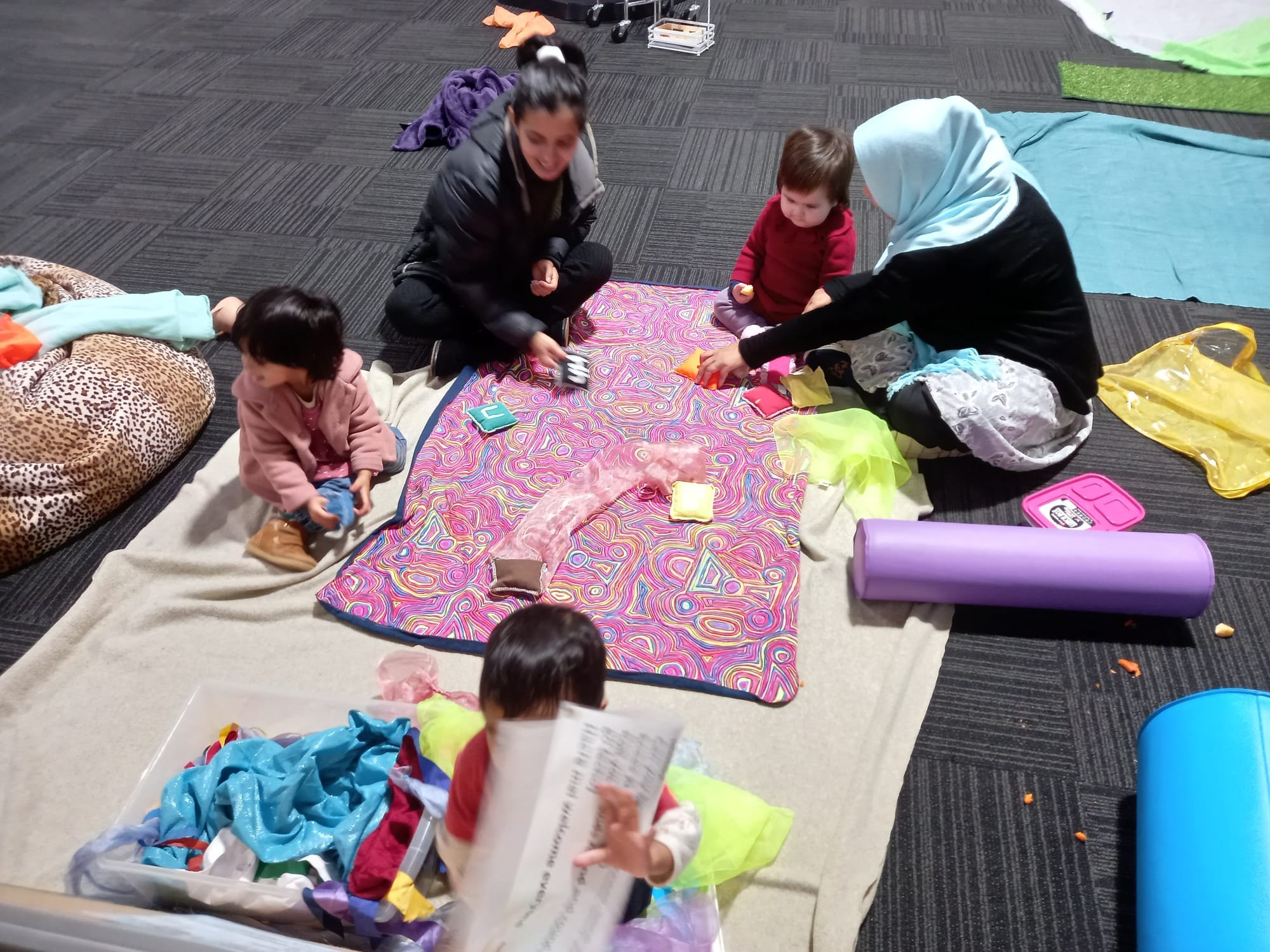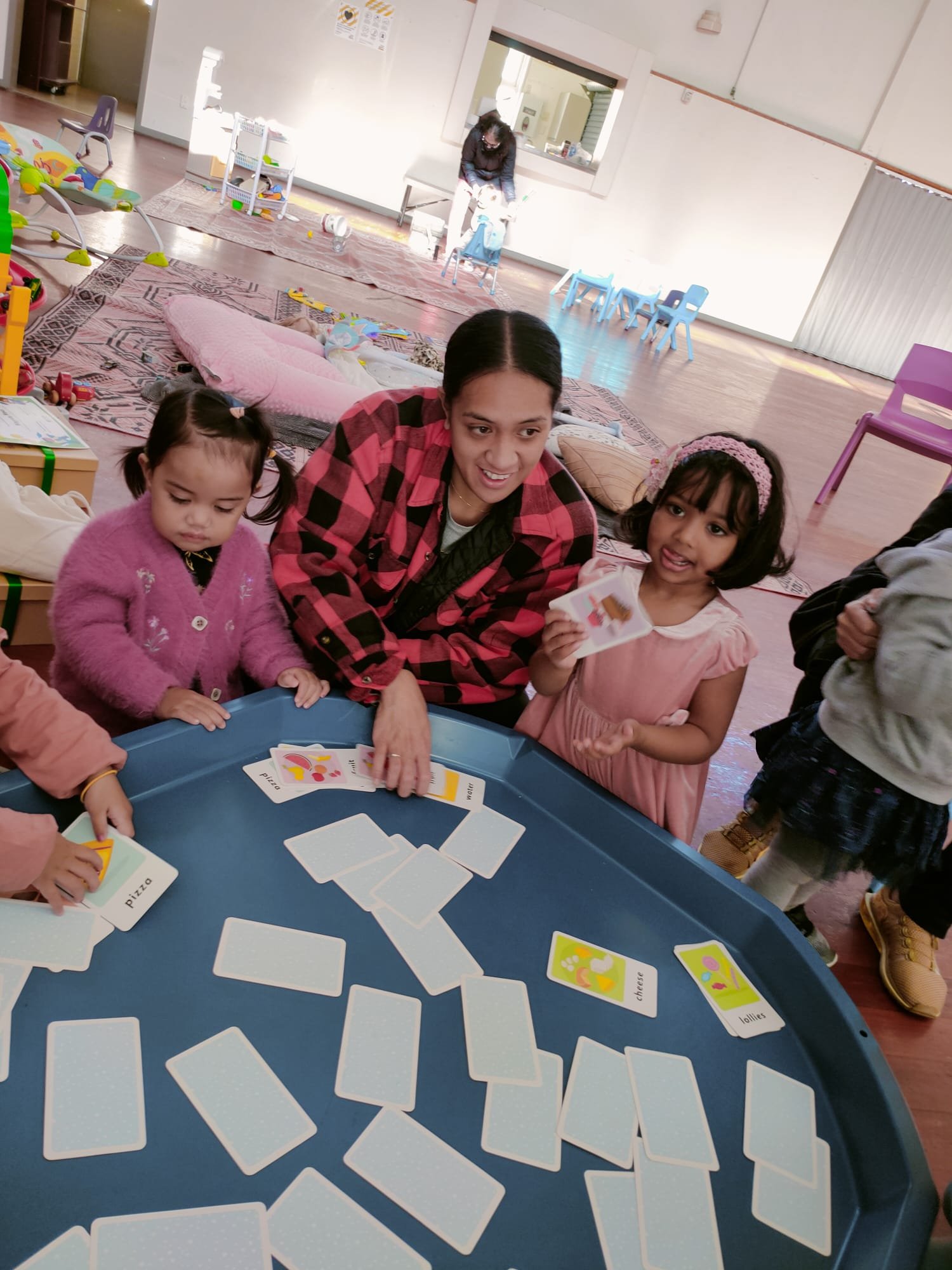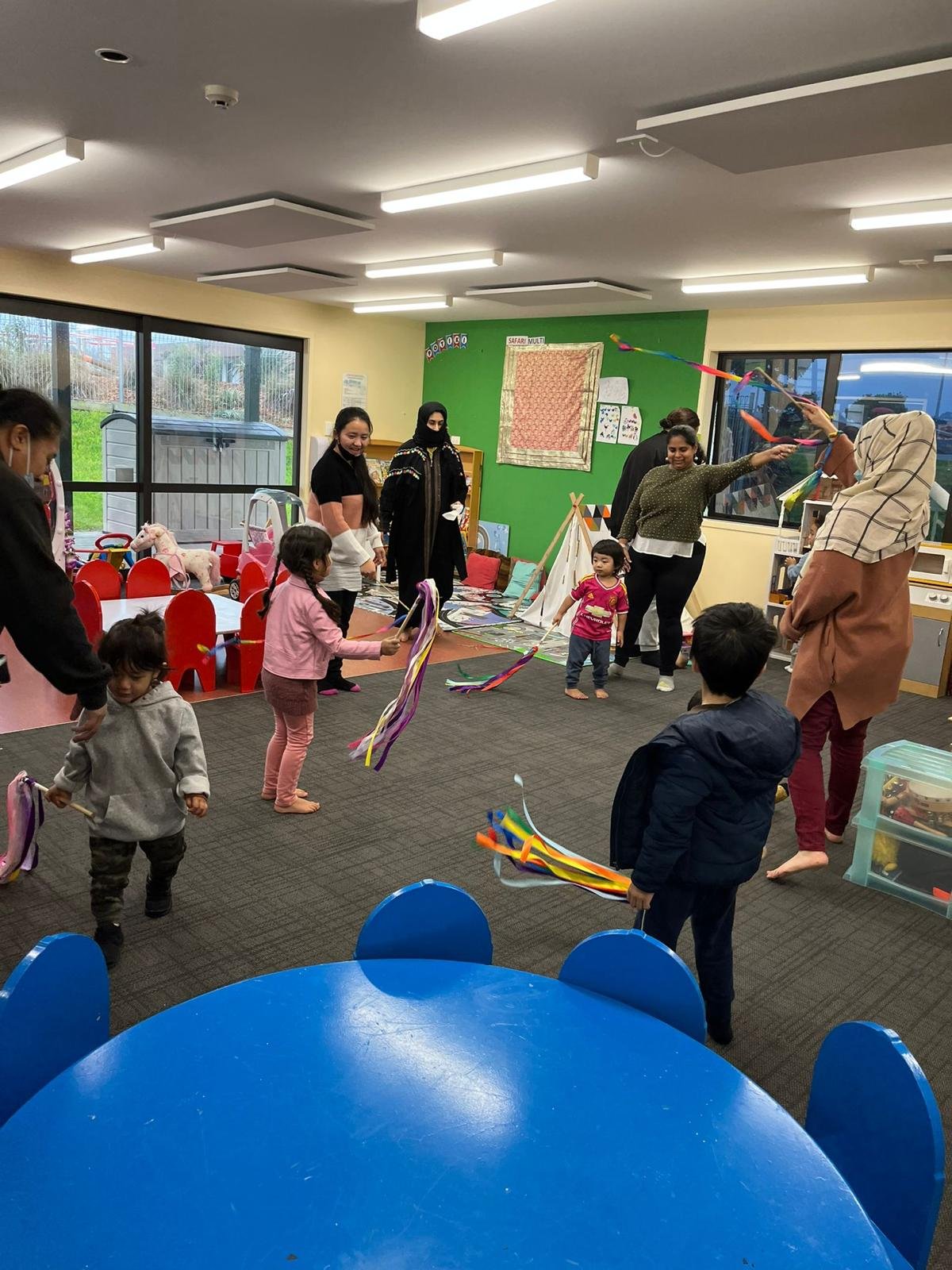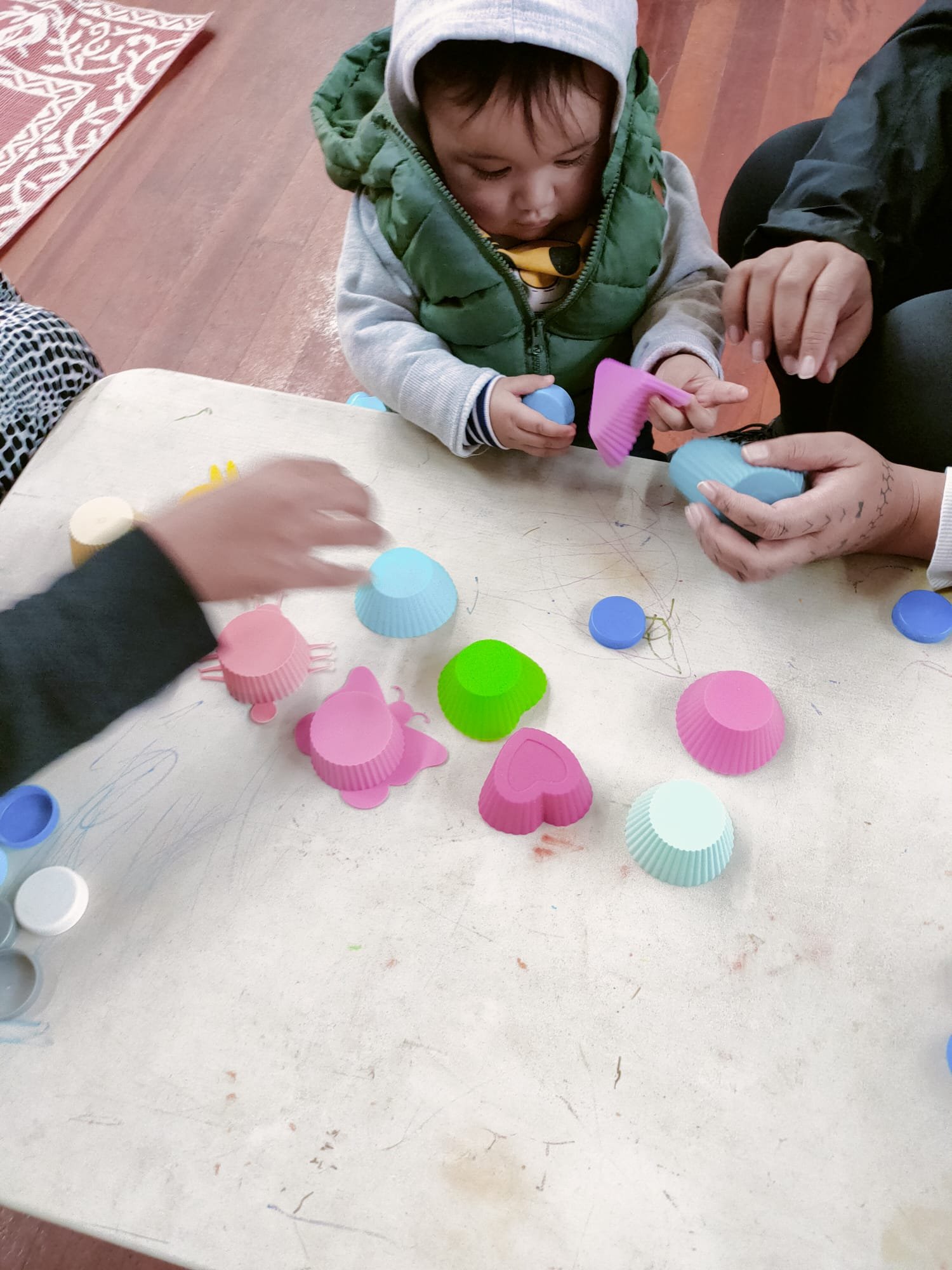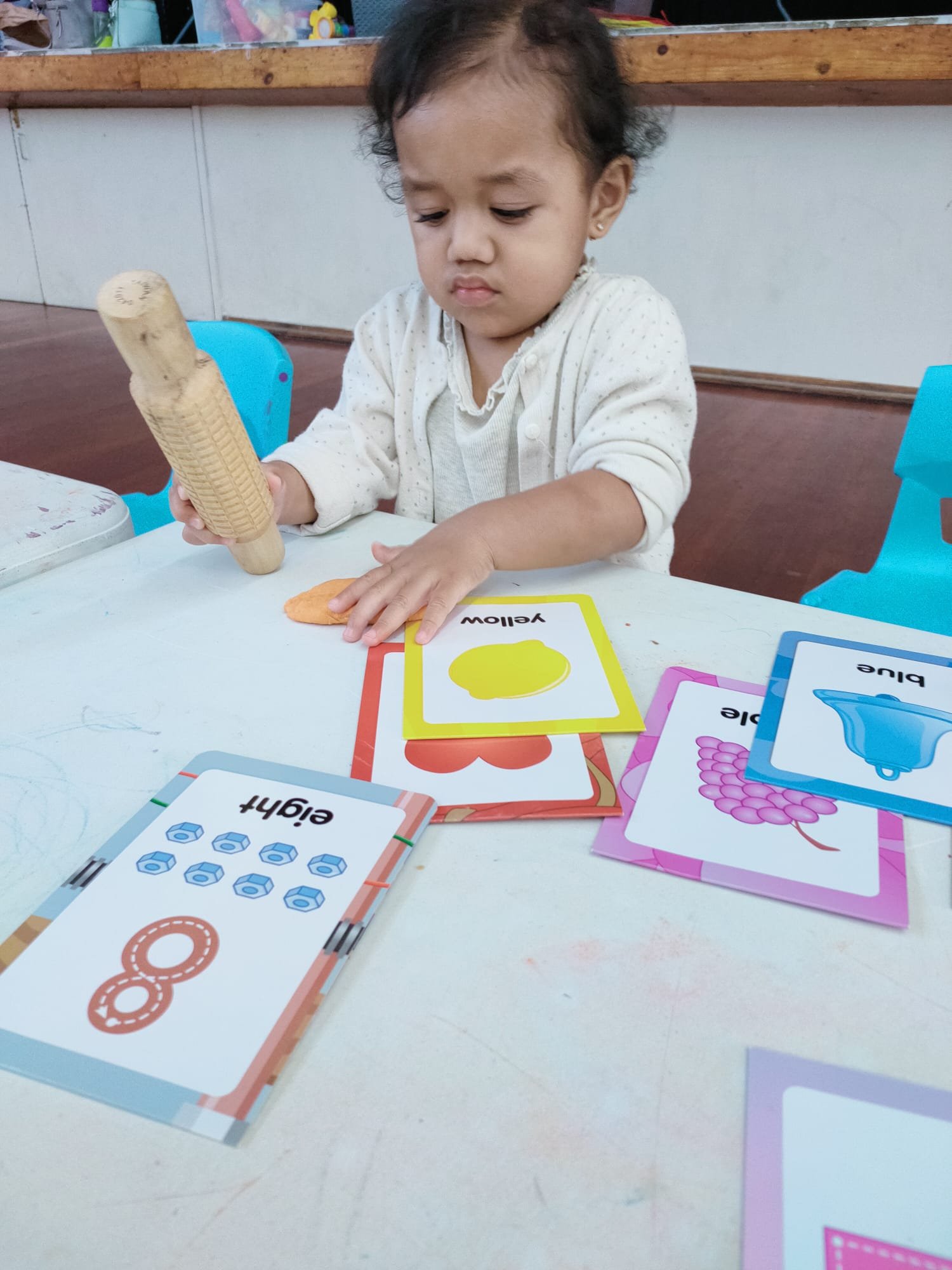Playgroups empowering children through Engage
If you are lucky enough to wander into one of our six Safari playgroups recently, you'd likely see children looking for toys hidden under cups, flashing up memory cards or dancing to music with scarves and sticks waving.
These might look like typical kids' activities at a playgroup, but they are really a set of carefully crafted games that, if played regularly, will support a child to 'self-regulate' their emotions, which is a huge indicator to success later in life.
This is the Engage programme: a nationwide programme to help children cultivate their emotional, cognitive and behavioural skills through game playing. It was developed by Associate Professor Dione Healey of Otago University, and is based on research findings from the Dunedin longitudinal study.
The Engage programme is currently taught in hundreds of ECEs and schools throughout New Zealand, but we at Safari is the first playgroup to deliver this programme. Our children are often very young and are under three, so we needed to adapt the games to the younger audience.
The Safari teachers have noticed a change in the children over the term, as they are becoming more used to playing these games, it is also helping the children play and interact, share toys, listen to stories on the mat, stick with frustrating tasks, join in a group and many many other things. The Mums have also taken an interest, and many are now playing these games at home too.
As Safari is so multicultural, we have found it challenging to explain the programme to mothers with limited English. We are now working with the creators of Engage to help make the programme and its resources more suitable to our multicultural communities.
The Dunedin longitudinal study tracked a thousand children born in Dunedin in 1972, and still follows them to this day. It has studied children's ability to regulate emotions, ability to listen and pay attention and remember instructions and ability to control impulses and take turns. The study shows that children who are strong in these areas typically go on to greater success in all areas of their adult lives, regardless of their intelligence levels.

